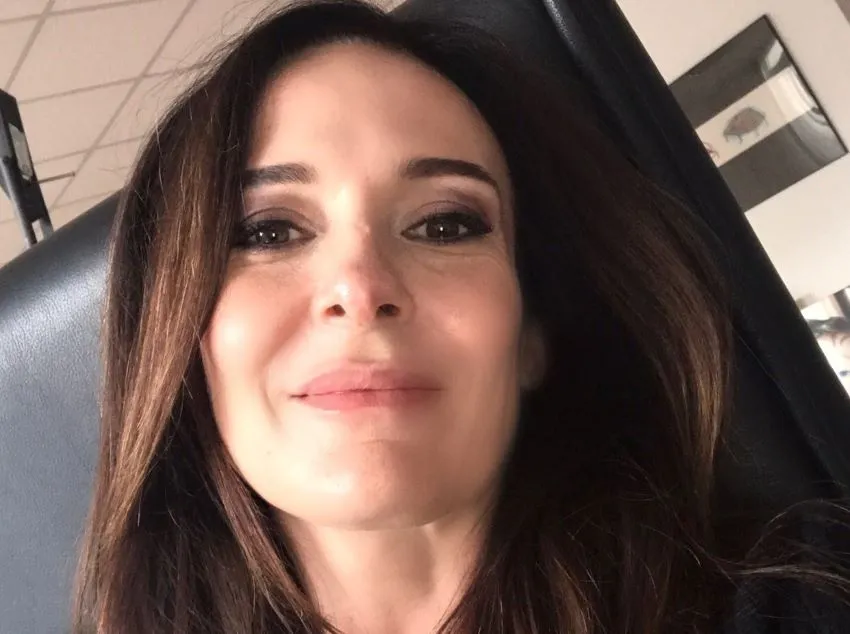
Ideals and selfcontrol make the modern diplomat
At the beginning it was an academic career but, as Maria Letizia Santangelo, who graduated from Bocconi in Economics in 1997, confesses, "my passion, which was there, was not enough to support the great efforts that this career required". Then, one day, reading in a newspaper the announcement of a Master's degree in International Relations at ISPI, it all came together. She enrolled in the program and then in the government competition to enter a diplomatic career, which she passed on the first attempt.
What drove you towards this career?
I am a person of strong ideals and what is greater than serving your country and your fellow citizens? This is the motivation that drives all diplomats to do what they do. Then there are other reasons, such as the variety of skills you are called upon to have, the diversity of tasks, the likelihood, indeed the certainty, of traveling which forces you to step out of your comfort zone every time you change assignment to improve yourself. But the ideal is the basis of everything.
Today you are Embassy Counselor and Head of the Unit for North America, a very important area for our country. What are its main functions?
My Unit deals with Italy's bilateral relations with the United States and Canada. The United States, in particular, is a leading player on the international scene and our first strategic partner. Their foreign policy unfolds over a 360-degree horizon, this means for me and my team to have an eye on all the systemic, global and regional challenges that emerge, and, in concrete terms, make analyses and syntheses on a plethora of subjects.
The world context, it is often said, has become more complicated. In the two decades of your career what has really changed?
Complexity has grown. For example, the development of information technology has posed new security challenges we have to deal with, such as cybersecurity. Similarly, in face of the development of social media there has been a transformation of institutional communication. New priorities have also come to the fore, I am thinking of environmental issues for example, which can no longer be postponed indefinitely without dramatic consequences. And this as we are moving towards new systemic arrangements with a return to all-round superpower competition between the United States, Russia and China.
What are the personal qualities that a good diplomat must have?
I believe they are balance and common sense. It is a world where self-control is required, you need to know how to manage emotions and have the patience and foresight to identify the in every context and every problem the right bargaining equilibrium. It is a question of listening to oneself and others and great discipline. Thus understood, self-control is an important tool for growth and improvement also on a personal level. It is also a job that requires the ability to ponder, analyze the many elements at play and strike the right balance: this is what happens whenever I have to write or say something.